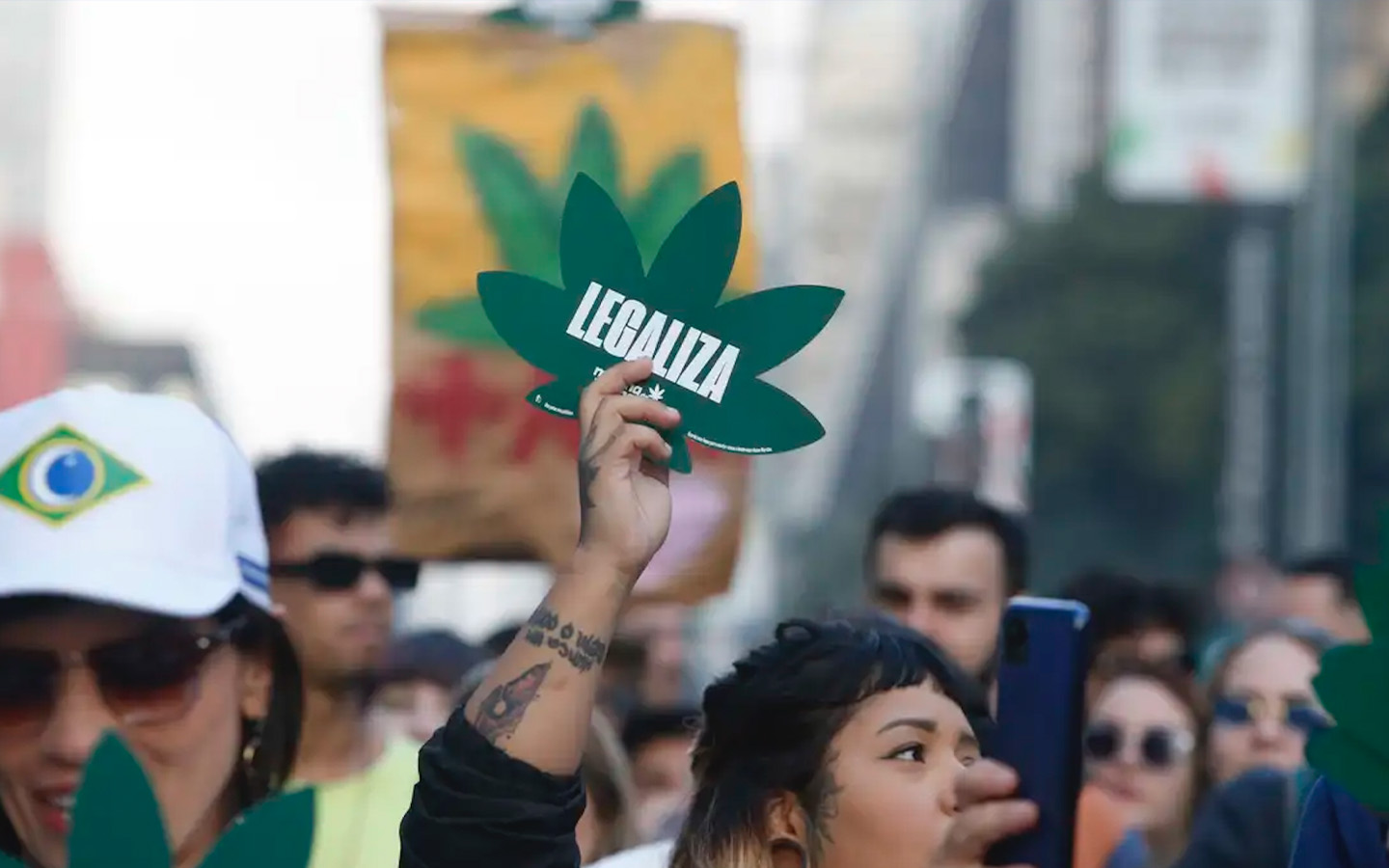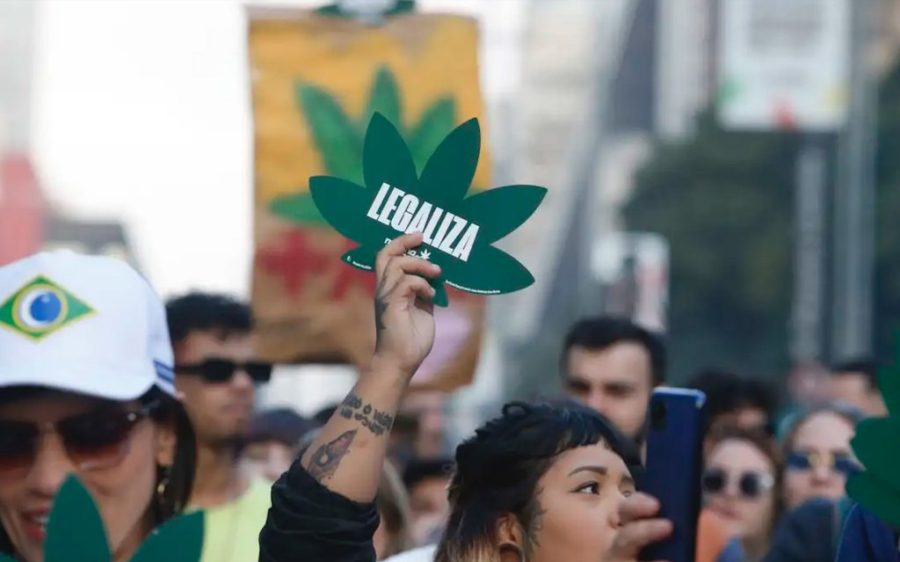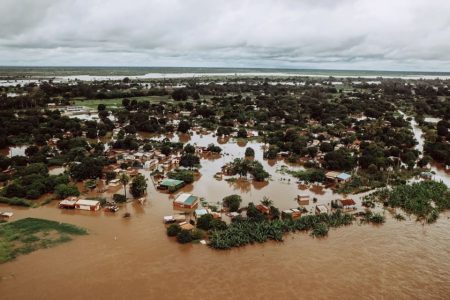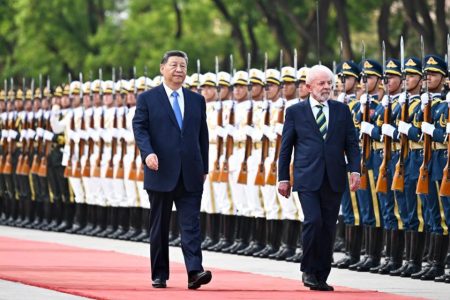After nearly a decade of debate, a vote by the Brazilian Supreme Court on Wednesday made the country, home to some 203 million people, the largest yet to decriminalise possession of marijuana for personal use.
The last two justices to vote came down on opposite sides of the long-debated issue. Justice Luiz Fux voted against decriminalisation and against defining the quantity that qualified as “personal use.” Justice Carmen Lúcia, only the second woman to serve on Brazil’s highest court, stood with the 7-4 majority. Marijuana for personal use, defined as 40 grams or six cannabis plants, is no longer illegal in South America’s largest country.
Public consumption and sale of the drug, however, remain against the law. This discrepancy has some worried that the disproportional enforcement of cannabis laws against poor and Black Brazilians will continue.
[See more: New law takes aim at indigenous land rights in Brazil]
A 2006 law passed by the Brazilian Congress sought to shift punishment for carrying small amounts of drugs, including marijuana, to alternatives such as community service. Vague language and the absence of a defined amount for personal use rendered the law largely ineffective in curbing racial disparities in enforcement or slowing the rate of incarceration.
The Supreme Court decision, debated since 2015, comes just as Congress seeks to take a very different tack on marijuana in Brazil. A coalition of conservative and evangelical lawmakers are currently advancing a bill to amend the Constitution to make the use and possession of any kind of narcotics a criminal offence.
Brazil is one of the last nations in Latin America to decriminalise possession of marijuana for personal use. If the decision stands, it could be a critical step towards correcting the injustices committed by the justice system against Black and poor people in Brazil, Gabriel Sampaio of human rights NGO Conectas told Brasil de Fato.






